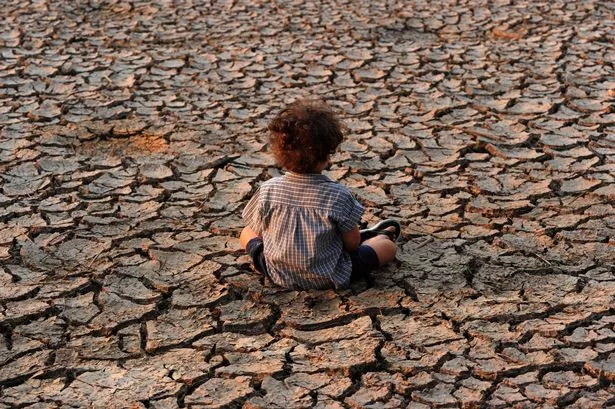The World Economic Forum (WEF) said in a recent report that climate change threatens the livelihoods of more than half a billion individuals in the Middle East and North Africa (MENA).
The Middle East could experience a temperature increase of four degrees Celsius by 2050, a significant deviation from the 1.5 degrees Celsius limit set by the 2015 Paris Agreement, the report which was released on October 18, read. The study also indicates that the region’s temperatures are rising at a rate double the global average.
The Middle East and North Africa (MENA) region, which holds about half of the world’s confirmed oil reserves, currently accounts for roughly 30 percent of global oil production.
Despite warnings from climate scientists, the Organisation of the Petroleum Exporting Countries (OPEC) anticipates a rise in global energy demand under all scenarios, with the primary global energy demand expected to double by 2035.
The report titled “Closing the Climate Action Gap: Accelerating Decarbonization and the Energy Transition in MENA” was published only a few weeks ahead of the COP28 conference that will take place in Dubai.
Climate change significantly affects the livelihoods of farmers in Egypt, with heat stress impacting humans, livestock, and crops. This stress can lead to reduced productivity and other economic losses due to heat.
Additionally, Egypt faces challenges from rising sea levels, coastal erosion, land subsidence, and increased soil salinity.
WEF’s report indicates that MENA countries are lagging behind other similar regions in terms of sustainability progress. The report provides a roadmap for decarbonisation actions that could stimulate new economic opportunities.
As the report stated, the situation calls for immediate and nuanced action, which includes reducing emissions, building resilience against climate change effects such as water scarcity, and fostering a united effort among government bodies, businesses, and international organisations.
